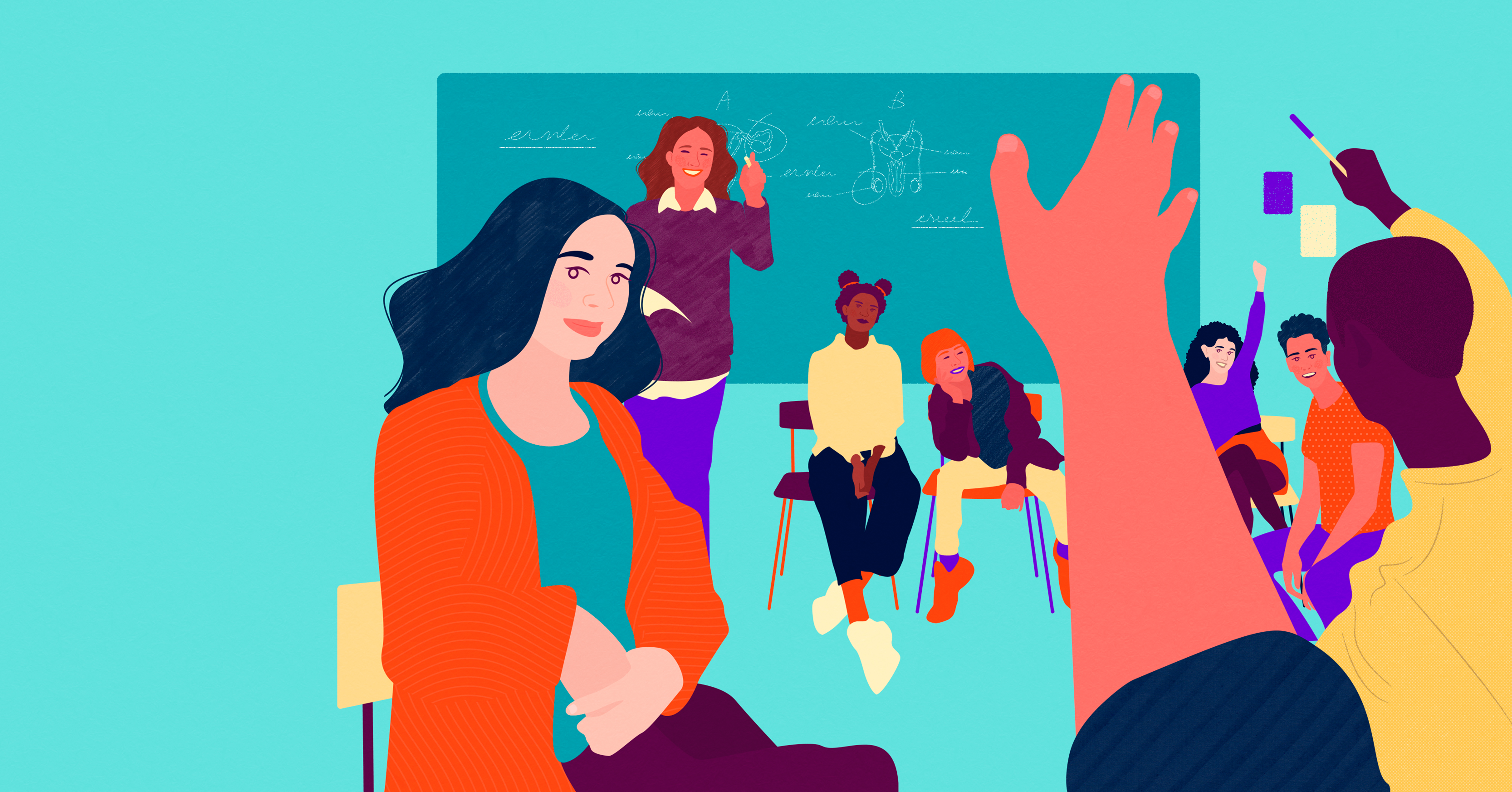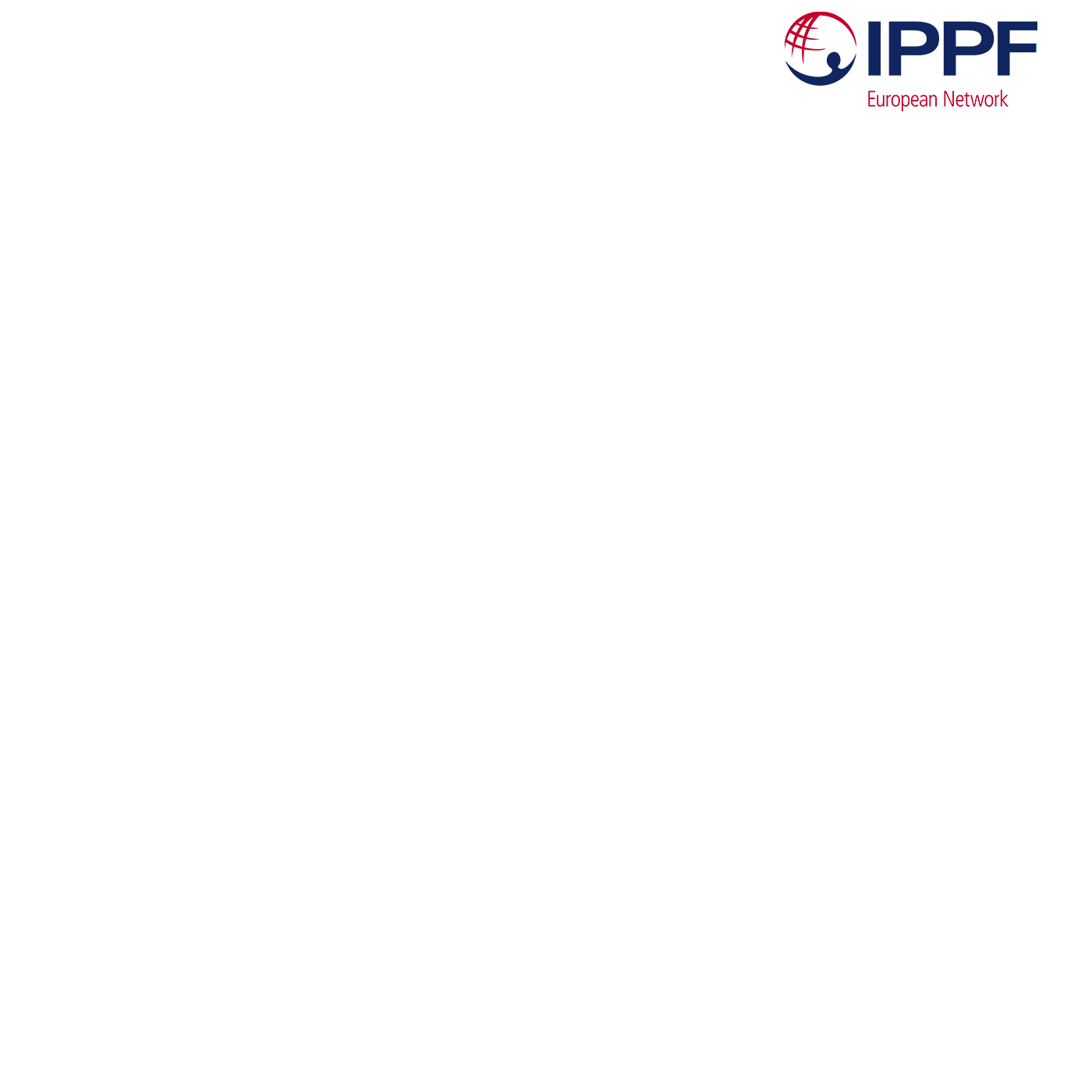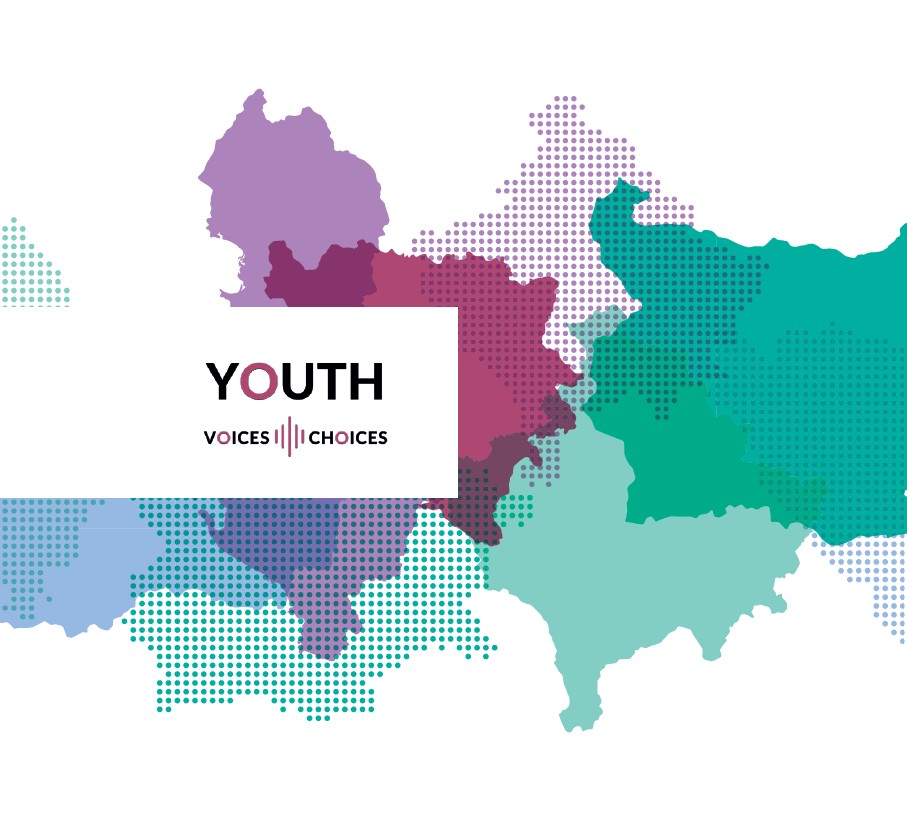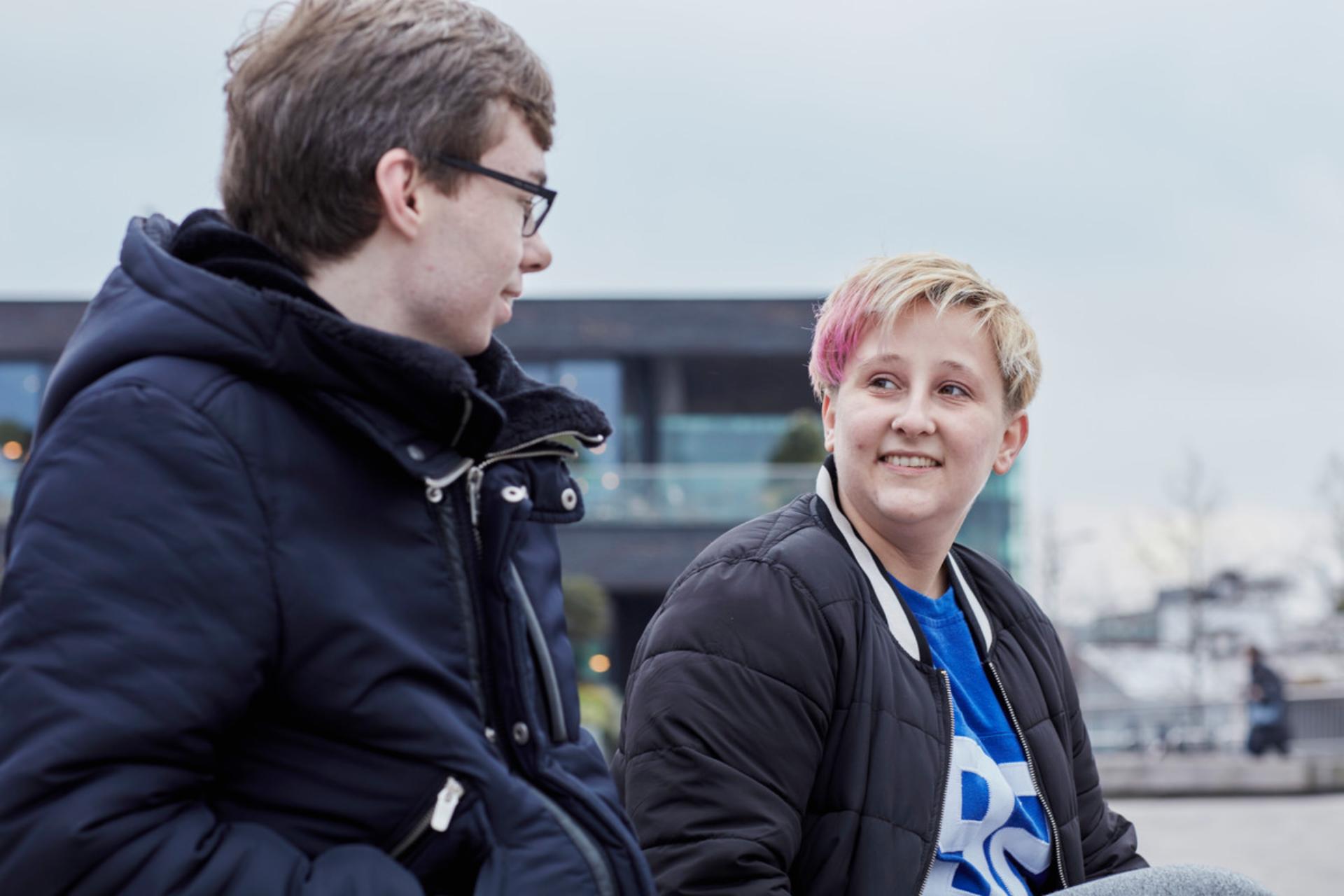Spotlight
A selection of resources from across the Federation

2022 IPPF EN Annual Report
Download our Annual Report to read about our activities and achievements in 2022.
Filter our resources by:


| 28 May 2018
Sexuality education: where it stands across Europe and Central Asia
Our latest analysis - done in collaboration with the BZgA - shows that over the past two decades sexuality education has progressed, but improvements are still needed. We cover the state of play and latest developments in the field across 25 European and Central Asian countries, including aspects related to the quality of programmes and the impact on young people’s health. The roll-out of sexuality education differs widely within the region and while promising steps have been taken, we look forward to more progress. Sexuality education addresses the need to foster emotional-sexual intelligence and the capacity for healthy, intimate bonding and growth. It is based on an understanding of the concepts of consent, equity and respect for one’s own boundaries and the boundaries of others in intimate relationships and in society in general. When young people lack these crucial skills, they inevitably face a lack of personal growth and joy as much as a lack of ability to form and foster nurturing and stable relationships with others. To ensure that young people are equipped with these skillsets, we recommend increased knowledge-sharing in the field of sexuality education as well as improving the scope of school programmes and investing in teacher trainings.

| 09 May 2018
"Don’t demonize sex. Don’t make us afraid of it!”
This film is about the partnership between Sex og Politikk and Cyprus Family Planning Association (CFPA) - IPPF members - during the roll-out of the "Implementing Sexuality Education for Teens (I’MSET)" project. The project is a great example of how sharing knowledge on sexuality education can lead to successful results. The main outcome was a manual on sexuality education to be used in middle schools across Cyprus. After the inclusion of the manual in the curriculum, Sex og Politikk travelled to Cyprus to document the project. The short documentary film is the result of this trip. Sex og Politikk interviewed the partners from CFPA and other actors involved in the project. The focus was talking to young people who have received comprehensive sexuality education with the help of the manual and to teachers who have used the materials.Young people expressed the need for comprehensive sexuality education in Cyprus, where sexuality has been a taboo for a long time. The I’MSET material inspired them to reflect on changing harmful stereotypes and traditional gender norms. We hope the documentary can inspire future partnerships and exchanges on comprehensive sexuality education. Sexuality education is a human rights based approach aimed at equipping young people with the knowledge, skills, attitudes, and values required to make informed decisions and enjoy their sexuality physically, emotionally, individually, and in their relationships. It approaches sexuality holistically and within the frame of emotional and social development. As one of the Cypriot youth expressed: “Don’t demonize sex. Don’t make us afraid of it!” To learn more about the project and to download the manual see sexualityeducation.com.cy

| 30 November 2017
Photo Gallery: Rising HIV numbers and funding cutbacks - Macedonia at the crossroads
This article was written in September 2017. Since then, thanks to the work of NGOs including our member HERA, Macedonia’s government has committed to providing long-term funding for all HIV programmes for marginalised people. Although HIV prevalence is low in Macedonia, with only 151 people registered as living with HIV, these small numbers mask a complex picture, and one that is rapidly changing. In 2016, there were 40 new HIV diagnoses, the majority of them among men who have sex with men. Macedonia is not alone in facing a rise in HIV cases. In many parts of Central and Eastern Europe, the rate of new infections is growing. Between 2010 and 2015, the region saw a 50 per cent rise in new HIV infections annually. Another looming problem that threatens to send Macedonian HIV rates spiralling upwards is a funding crisis precipitated by donor cutbacks and political uncertainty. Between 2004 and 2016, Macedonian HIV programmes received almost $25 million from the Global Fund to Fight AIDS, Tuberculosis and Malaria. Much of this money was channelled into HIV prevention, funding NGOs that target those deemed most vulnerable to infection – sex workers, people who inject drugs, men who have sex with men and prisoners. But in 2016 this funding was phased out and NGOs on the frontline are left hoping that the new government will deliver fully on a recent commitment to step in with similar levels of funding in 2018. In the chasm left by the country’s public healthcare system, Macedonia’s sexual health and rights NGOs work tirelessly to plug the gap, often on a shoestring and in an increasingly uncertain funding landscape. HERA, IPPF's member in Macedonia, is a leading NGO providing free HIV testing services, sexual health support and advocacy. It works closely with smaller organisations around the country to ensure support for young people, sex workers, people who inject drugs and men who have sex with men. These NGOs are many people’s first port of call for HIV tests and other vital health care.

| 10 November 2017
Confronting gender stereotypes in Serbia
Our member SRH Serbia (the Serbian Association for Sexual and Reproductive Health and Rights) decided to challenge gender stereotypes in Serbian society through the act of theatre-based workshops, in partnership with IPAK Center. In a country where social issues like gender are rarely a serious part of public debate, boys and girls taking part literally walk in one another's shoes to help challenge and dismantle 'gender roles'. As SRH Serbia's Dragana Stojanović says, "gender roles are merely roles that we are playing all our lives, and this is why playing them on the stage makes perfect sense." The project was funded by IPPF's Innovation Fund.
| 13 October 2016
Sexuality Education and Sustainable Development: Opportunities for EU Development Cooperation
Sexual and reproductive rights are human rights. Education empowers young people and enables them to make their own choices. Comprehensive Sexuality education (CSE) allows young people to make critical choices about their health and future.It seeks to equip young people with the knowledge, life skills, attitudes and positive values they need to understand and enjoy their sexuality – physically and emotionally. This briefing paper presents the ways in which CSE is a key enabler for both social and economic sustainable development.

| 07 October 2015
Policy Briefs on Sexuality Education
The Federal Centre for Health Education BZgA in Germany, the United Nations Population Fund (UNFPA Regional Office for Eastern Europe and Central Asia), and the World Health Organisation (WHO Regional Office for Europe) with input from various experts, including representatives from IPPF EN Member Associations, jointly develop a series of policy briefs on sexuality education. The first two issues have now been released and answer the questions: - What is sexuality education? - And what is the impact of sexuality education? The policy briefs are targeted to politicians and other decision makers, primarily in Europe and Central Asia, and provide them with short and comprehensive information on different issues regarding sexuality education. As an advocacy tool, the policy briefs promote good quality sexuality education as an effective life-course intervention which supports children and young people in protecting their sexual health and general well-being. Policy brief No. 1 provides background information on the history, the benefits and the rights-based approach of sexuality education and further discusses myths and facts in this field. It argues that children and young people can greatly benefit from good quality sexuality education, which are age and development appropriate. Policy brief No. 2 summarises the scientific evidence regarding the impact of sexuality education on the sexual health and well-being of children and young people. In this regard, it explores public health-related indicators but also so called “soft outcomes” of sexuality education, such as the development of a positive attitude towards sexuality, as well as skills in communication, decision-making and critical thinking. It is also possible to order hard copies from BZgA.
















